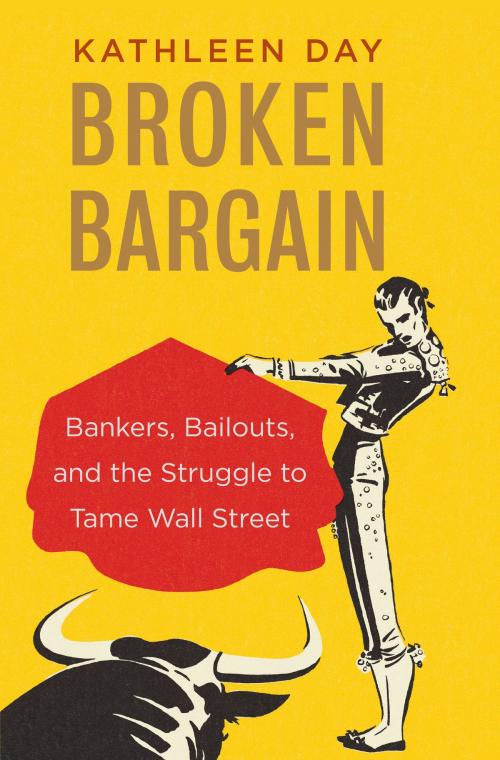Broken Bargain
Bankers, Bailouts, and the Struggle to Tame Wall Street
Nonfiction, Social & Cultural Studies, Political Science, Politics, Economic Policy, Business & Finance, Economics, Economic History, History, Americas, United States| Author: | Kathleen Day | ISBN: | 9780300240665 |
| Publisher: | Yale University Press | Publication: | January 8, 2019 |
| Imprint: | Yale University Press | Language: | English |
| Author: | Kathleen Day |
| ISBN: | 9780300240665 |
| Publisher: | Yale University Press |
| Publication: | January 8, 2019 |
| Imprint: | Yale University Press |
| Language: | English |
A history of major financial crises—and how taxpayers have been left with the bill†‹
In the 1930s, battered and humbled by the Great Depression, the U.S. financial sector struck a grand bargain with the federal government. Bankers gained a safety net in exchange for certain curbs on their freedom: transparency rules, record-keeping and antifraud measures, and fiduciary responsibilities. Despite subsequent periodic changes in these regulations, the underlying bargain played a major role in preserving the stability of the financial markets as well as the larger economy. By the free-market era of the 1980s and 90s, however, Wall Street argued that rules embodied in New Deal–era regulations to protect consumers and ultimately taxpayers were no longer needed—and government agreed.
This engaging history documents the country’s financial crises, focusing on those of the 1920s, the 1980s, and the 2000s, and reveals how the two more recent crises arose from the neglect of this fundamental bargain, and how taxpayers have been left with the bill.
A history of major financial crises—and how taxpayers have been left with the bill†‹
In the 1930s, battered and humbled by the Great Depression, the U.S. financial sector struck a grand bargain with the federal government. Bankers gained a safety net in exchange for certain curbs on their freedom: transparency rules, record-keeping and antifraud measures, and fiduciary responsibilities. Despite subsequent periodic changes in these regulations, the underlying bargain played a major role in preserving the stability of the financial markets as well as the larger economy. By the free-market era of the 1980s and 90s, however, Wall Street argued that rules embodied in New Deal–era regulations to protect consumers and ultimately taxpayers were no longer needed—and government agreed.
This engaging history documents the country’s financial crises, focusing on those of the 1920s, the 1980s, and the 2000s, and reveals how the two more recent crises arose from the neglect of this fundamental bargain, and how taxpayers have been left with the bill.















